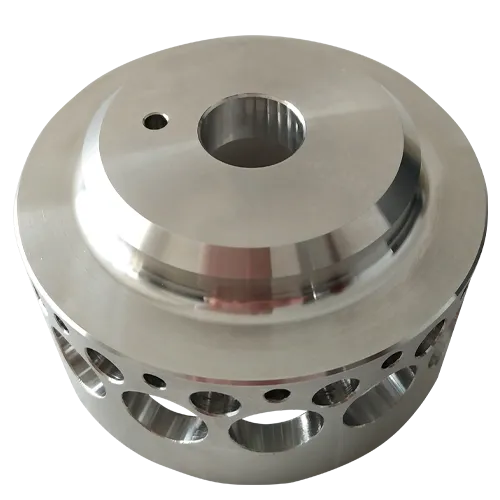Mobile:+86-311-808-126-83
Email:info@ydcastings.com
English
Innovative Solutions for Tailored Aluminum Casting to Meet Your Unique Project Needs
Custom Aluminum Casting A Comprehensive Guide
Aluminum casting is a pivotal process in the manufacturing industry, known for its versatility, lightweight properties, and excellent corrosion resistance. Among the various methods of aluminum casting, custom aluminum casting serves a unique niche, allowing businesses to create specialized parts tailored to their precise specifications. This article delves into the intricacies of custom aluminum casting, exploring its benefits, processes, and applications.
What is Custom Aluminum Casting?
Custom aluminum casting involves the creation of aluminum parts by pouring molten aluminum into a pre-designed mold. The molds can be crafted based on clients' specific requirements, enabling manufacturers to produce unique shapes and sizes. This process is ideal for creating components that may not be achievable through standard manufacturing methods.
Benefits of Custom Aluminum Casting
1. Tailored Solutions One of the most significant advantages of custom aluminum casting is its ability to provide tailored solutions that meet precise client specifications. This precision minimizes the need for further modifications and enhances overall production efficiency.
2. Versatility Custom aluminum casting can be employed in various industries, including automotive, aerospace, electronics, and construction. Its ability to produce complex geometries makes it a preferred choice for intricate components.
3. Cost-Effectiveness While the initial setup for custom molds can require investment, the overall cost-effectiveness of aluminum casting becomes apparent when considering the production of large quantities. The durability and lightweight nature of aluminum also contribute to lower transportation and handling costs.
4. Quality and Strength Aluminum castings are known for maintaining high structural integrity and durability, making them suitable for demanding applications. The casting process itself can enhance the mechanical properties of aluminum, leading to stronger finished products.
The Custom Aluminum Casting Process
custom aluminum casting

The custom aluminum casting process typically involves several key steps
1. Design and Prototyping The process begins with a detailed design phase where clients work closely with engineers to develop a prototype. Advanced software is often utilized to create three-dimensional models, ensuring that all specifications are met.
2. Mold Creation Once the design is finalized, a mold is created. This mold can be made from various materials, including steel or resin, and is designed to withstand the high temperatures of molten aluminum.
3. Melting and Pouring In this step, aluminum is melted at a controlled temperature and carefully poured into the mold. This phase requires precision to ensure that no defects occur during the pouring process.
4. Cooling and Finishing After the molten aluminum has filled the mold, it is allowed to cool and solidify. Once hardened, the mold is removed, and the cast part undergoes finishing processes, which may include machining, polishing, or coating, to achieve the desired surface quality.
5. Quality Control Before delivery, the final products undergo rigorous quality control checks to ensure they meet industry standards and client specifications.
Applications of Custom Aluminum Casting
Custom aluminum casting is ubiquitous across various industries. In the automotive sector, it is used for engine blocks, transmission housings, and structural components. The aerospace industry also relies on aluminum casting for parts that require lightweight yet durable solutions, such as framework, brackets, and engine components. In electronics, custom castings are used for housings and heat sinks that demand precise engineering to ensure optimal performance.
Conclusion
Custom aluminum casting stands out as an essential process that empowers manufacturers to produce high-quality, specialized components for diverse applications. Its ability to deliver tailored solutions, combined with the inherent properties of aluminum, makes it a preferred choice in today’s competitive industrial landscape. As technology continues to evolve, the potential for innovation in custom aluminum casting will undoubtedly expand, offering even more exciting possibilities for manufacturers and designers alike.
-
Premium Fan Housing & Motor Casing for Optimal AirflowNewsAug.31,2025
-
High-Performance Automobile Water Pump & Electric SolutionsNewsAug.30,2025
-
Expert Stainless Steel Casting | Precision & Durable Metal PartsNewsAug.29,2025
-
Precision Metal Castings: Aluminum, Stainless Steel & Die CastingNewsAug.28,2025
-
Superior Aluminum Castings in Automotive Engine PartsNewsAug.22,2025
-
Common Materials Used in Fan Housing ManufacturingNewsAug.22,2025











